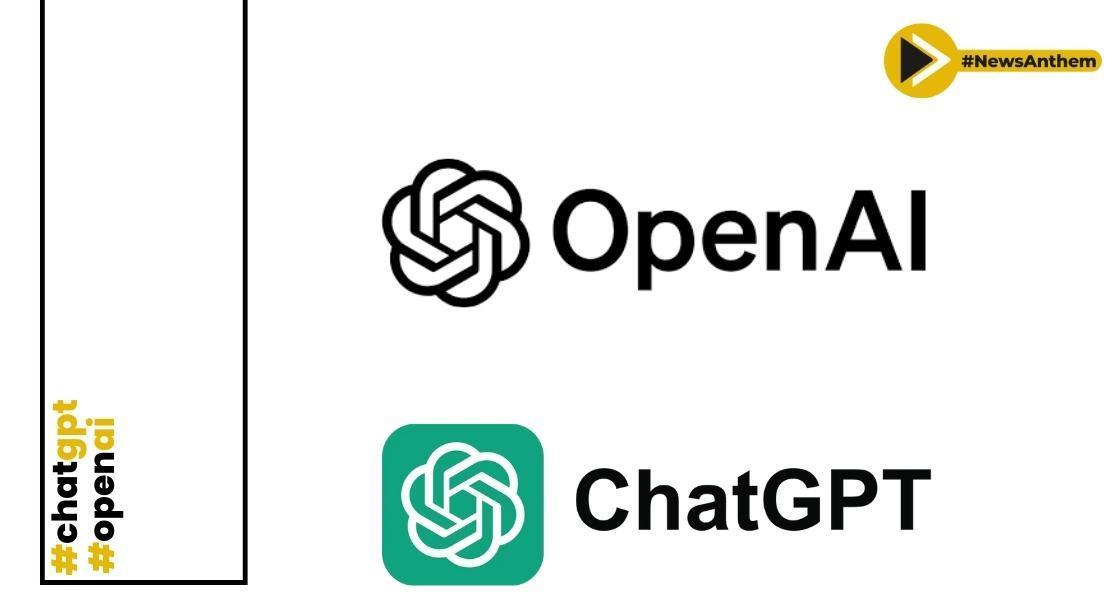OpenAI Unveils ‘Codex’: AI Tool to Simplify Code Generation and Understanding

News Synopsis
OpenAI, a global leader in artificial intelligence innovation, has announced the launch of 'Codex', a cutting-edge tool designed to revolutionize code learning and software engineering. Built to assist programmers of all levels, Codex is now integrated directly into ChatGPT, offering powerful functionality from within the popular AI interface.
What is Codex and What Can It Do?
Unveiled during a recent OpenAI livestream, Codex is a cloud-based AI assistant capable of:
-
Fixing bugs in existing code
-
Providing technical context and explanations
-
Assisting with implementation and optimization tasks
“Codex follows a human-like coding style, continuously refining the code until it passes testing.”
How Codex Works in ChatGPT
Codex operates from a dedicated cloud workspace where all project files are preloaded. Its interface is accessible via the ChatGPT sidebar, where users can:
-
Select the "Code" prompt to begin a task
-
Use the Ask button for clarifications about the codebase
“Each coding task is carried out in a dedicated cloud workspace, where all your code files are preloaded.”
Tasks can take anywhere from 1 to 30 minutes to complete, based on complexity.
Full Transparency and Code Control
OpenAI highlights that Codex's process is completely auditable, with detailed logs and test outcomes available for user review. The environment is isolated, ensuring security, and users can export code to GitHub or integrate it locally.
“Codex's workflow is fully auditable, allowing users to track each step through terminal logs and test outcomes.”
Subscription and Access Details
At present, Codex is only available to paid subscribers of ChatGPT. Specifically, access has been granted to:
-
ChatGPT Pro users
-
Enterprise users
-
Team plan subscribers
“Codex is available to users on subscription plans for ChatGPT. Specifically, it is accessible to users of the ChatGPT Pro, Enterprise, and Team plans.”
OpenAI also noted that support for ChatGPT Plus and Edu plans is in development, though no rollout date has been confirmed yet.
History of OpenAI
The history of OpenAI is a dynamic one, marked by ambitious goals, significant technological advancements, and a shifting organizational structure. Here's a breakdown of its key phases:
The Visionary Beginnings (2015):
-
OpenAI was founded in December 2015 as a non-profit artificial intelligence research company. The core mission was to ensure that artificial general intelligence (AGI) – AI systems smarter than humans – benefits all of humanity. This intention stemmed from concerns about the potential risks of unchecked AI development.
-
The founding team was comprised of a notable group of entrepreneurs and researchers, including:
-
Sam Altman (current CEO)
-
Elon Musk (co-chair initially, later departed)
-
Ilya Sutskever (Chief Scientist)
-
Greg Brockman (Co-founder and President)
-
Wojciech Zaremba
-
John Schulman
-
Andrej Karpathy
-
Others: Jessica Livingston, Peter Thiel, Reid Hoffman, Trevor Blackwell, Vicki Cheung, Pamela Vagata, and Diederik P. Kingma were also involved in the initial funding and vision.
-
-
Over $1 billion was pledged to the venture by these founders and entities like Amazon Web Services (AWS), Infosys, and YC Research, although the actual amount collected initially was smaller.
-
OpenAI committed to openly collaborating with other institutions and researchers, intending to share patents and research findings.
Early Research and Development (2016-2018):
-
OpenAI focused on attracting top AI talent by offering competitive salaries.
-
OpenAI Gym (2016): A significant early release was OpenAI Gym, a Python toolkit for developing and comparing reinforcement learning algorithms.
-
Universe (2016): A software platform for training AI across various games, websites, and applications to measure general intelligence.
-
The company invested heavily in compute power, utilizing cloud computing resources from Google and NVIDIA to train increasingly complex AI models.
-
OpenAI Five (2018): An AI system that achieved significant progress in playing the complex video game Dota 2, showcasing advanced reinforcement learning capabilities.
-
GPT (Generative Pre-trained Transformer) (2018): OpenAI introduced the concept of GPTs with a research paper, demonstrating the ability of large neural networks to understand and generate human-like text.
-
Elon Musk's Departure (2018): Citing potential conflicts of interest with Tesla's AI development for self-driving cars, Elon Musk stepped down from the board. There were also disagreements about the direction of OpenAI, with Musk reportedly suggesting he take over.
Conclusion
OpenAI’s latest innovation, Codex, marks a significant milestone in AI-powered software development. By seamlessly integrating into ChatGPT, Codex offers developers an intuitive and powerful way to write, debug, and understand code. Its ability to operate in isolated cloud workspaces, coupled with full auditability, makes it a transparent and secure solution for modern development needs.
The tool’s efficiency in completing complex tasks within minutes and its human-like coding approach are designed to accelerate productivity while maintaining code quality. Codex’s interface is user-friendly, accessible via the ChatGPT sidebar, where users can initiate tasks and seek real-time code assistance. Initially available to Pro, Team, and Enterprise subscribers, OpenAI plans to expand access to more user tiers in the future.
For professionals, educators, and teams, Codex promises to be a game-changer—simplifying development while bringing the power of advanced AI reasoning to everyday coding workflows. As AI tools become integral to development, Codex sets a new benchmark for assistive coding solutions.
You May Like









